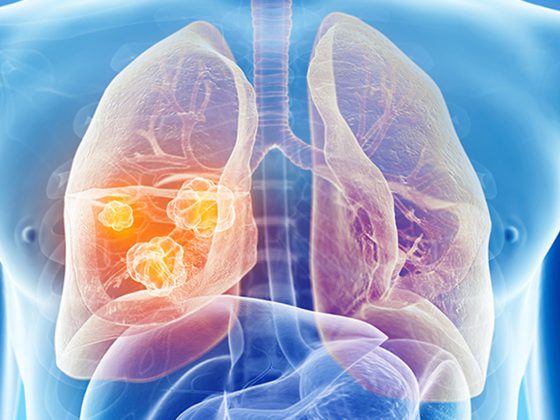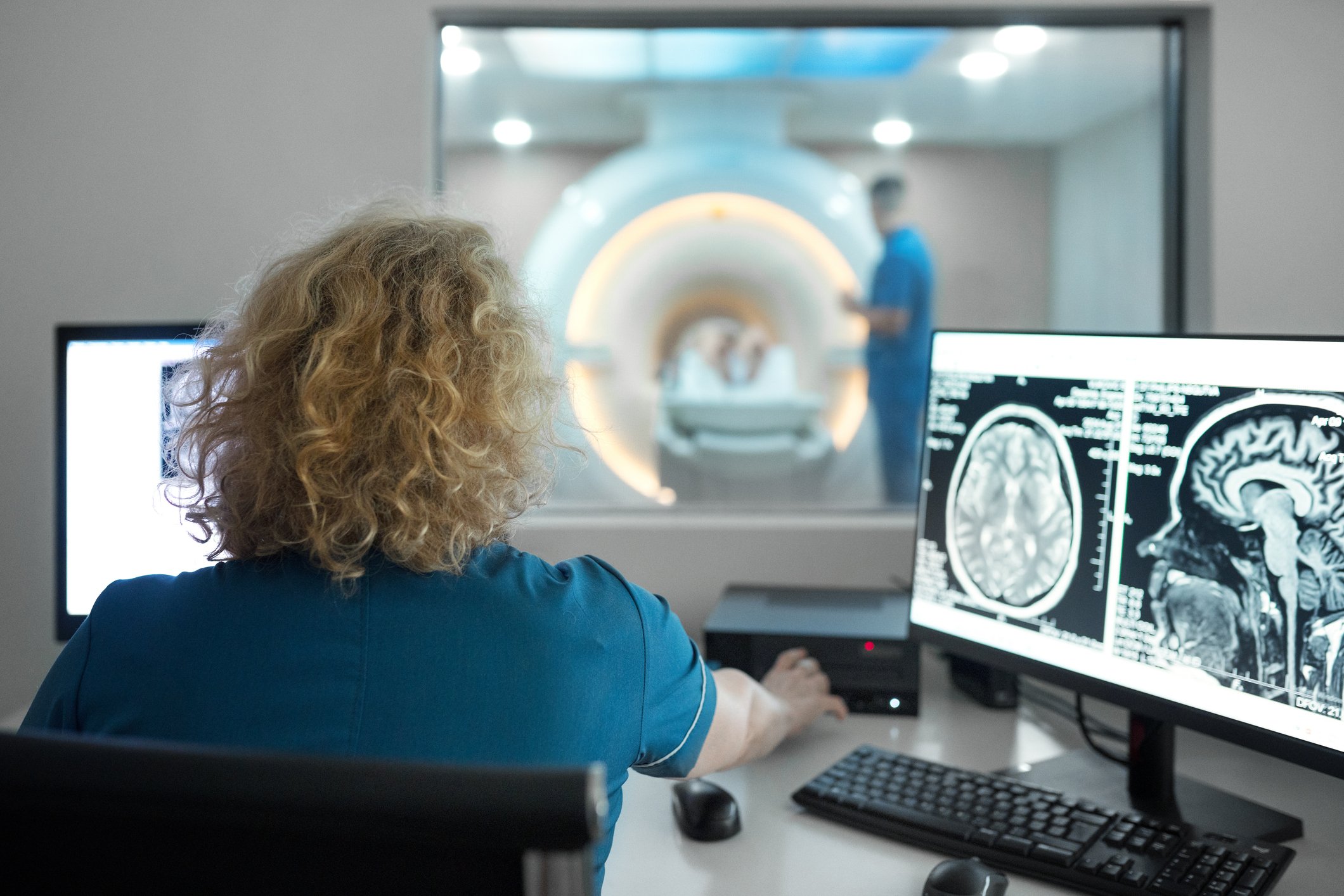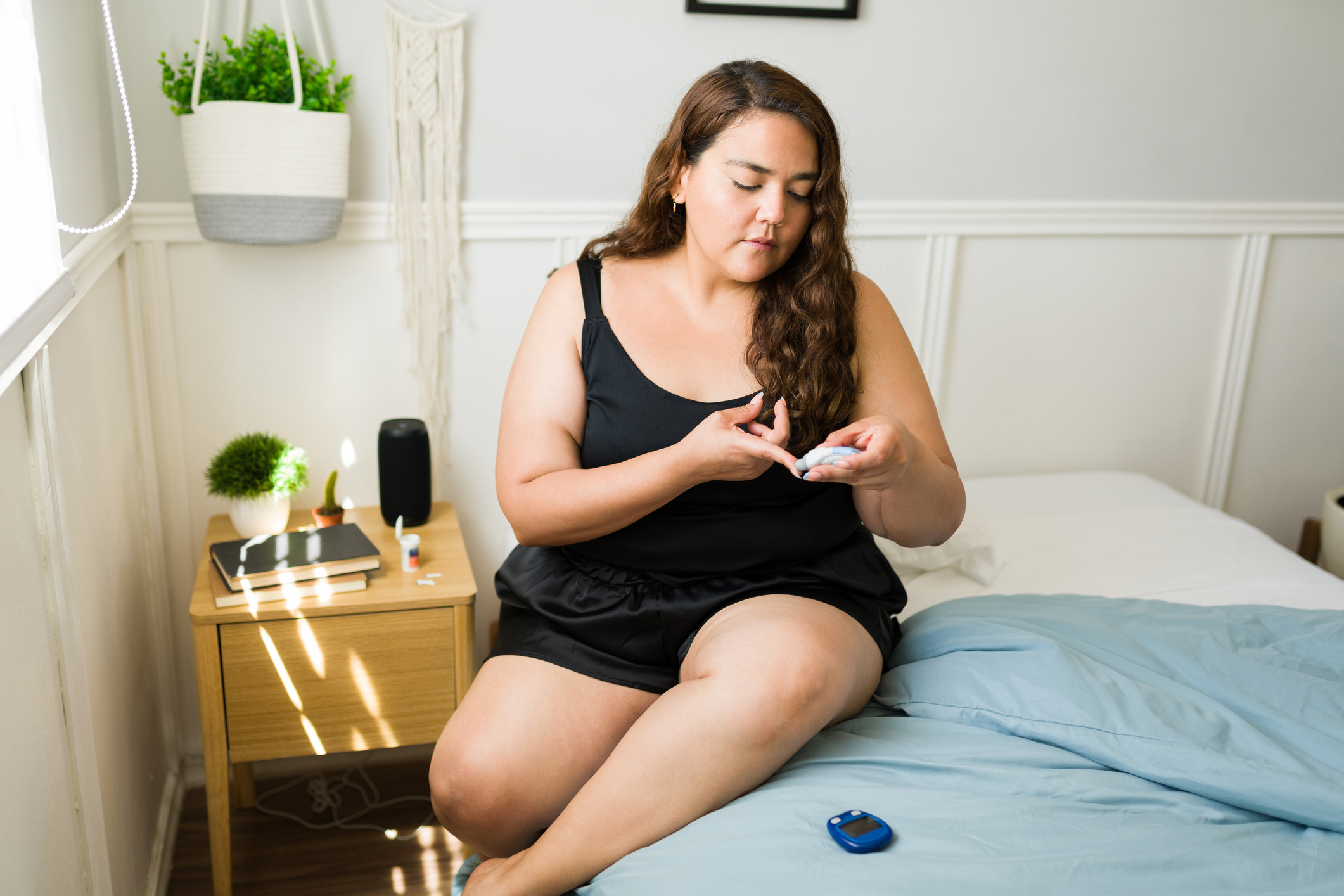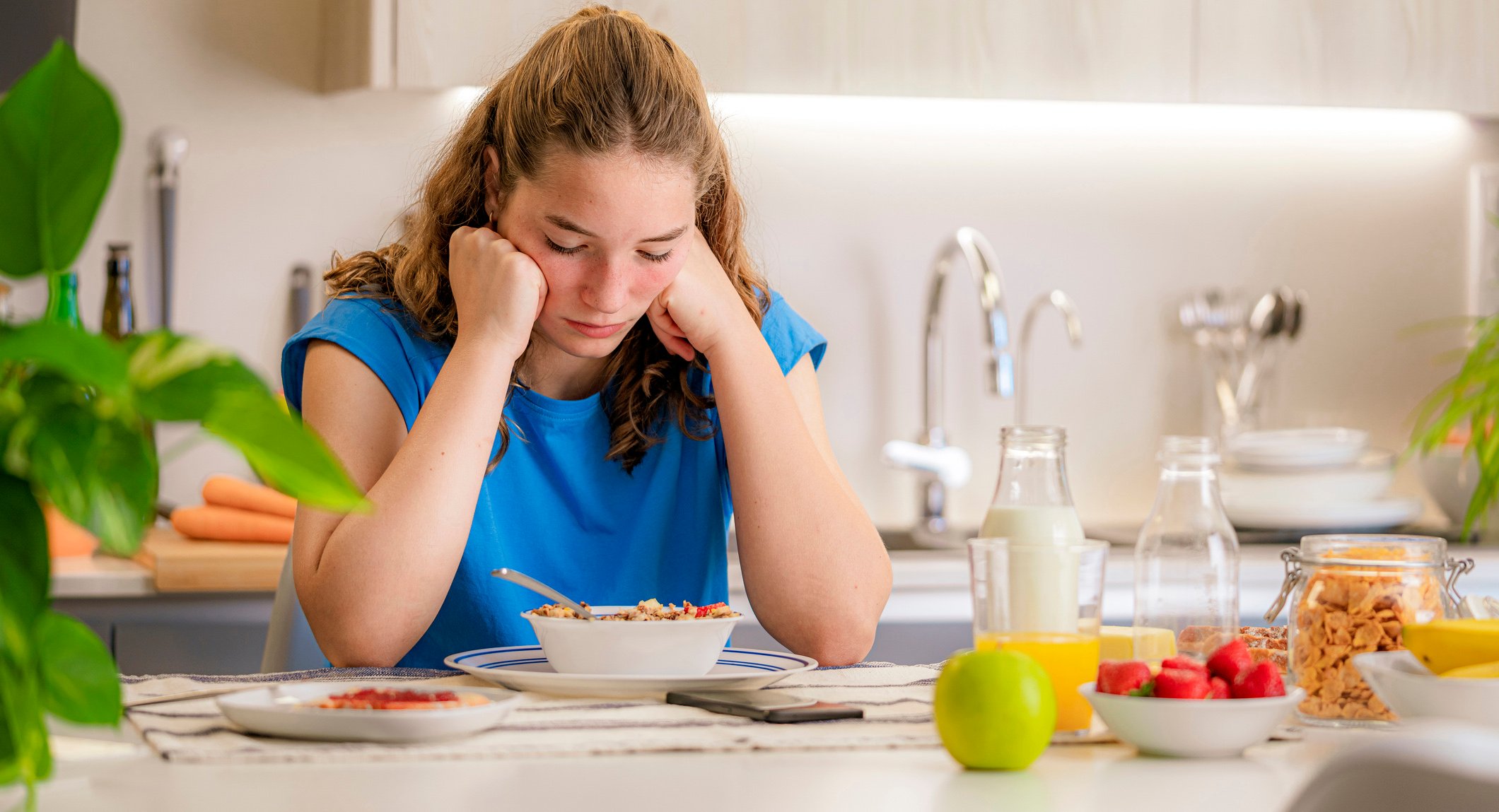Low-germ diets in the treatment of cancer patients are associated with significant risks from a scientific perspective and should no longer be practiced.
This urgent recommendation of the working group prevention and integrative oncology (PRIO) in the German cancer society, the working group nutrition in the German society for hematology and medical oncology, the German society for nourishing medicine, the federation of the Diätassistenten – German Federal association registered association (VDD) and the professional association Oecotrophologie registered association points to a substantial wrong supply with patients with cancer. Instead, the organizations call for individualized nutrition therapy to prevent malnutrition.
For a long time, it was considered standard practice for oncology patients undergoing intensive chemotherapy and/or stem cell therapy to follow a so-called “low-germ diet,” in which food choices are severely limited and, for example, fresh fruits and vegetables and unheated foods and spices are taboo. In a recent evidence-based statement, the organizations now point out the scientific facts: There are significantly more risks than benefits for patients associated with the germ-free (KE) diet that has been implemented to date. The cooperation partners and signatories of the statement also include the Working Group on Prevention and Integrative Oncology (PRIO) in the German Cancer Society.
Accordingly, the evidence base does not suggest that the incidence of infection from KE is lower than from a normal diet. On the contrary, various meta-analyses even show an increased susceptibility to infection when adhering to a KE. The main problem is the high risk of malnutrition with this type of diet. Since 2021, the Robert Koch Institute explicitly advises against a low-germ diet for immunocompromised patients, but points out compliance with kitchen hygiene in the handling and processing of food and provides orienting advice on avoiding food-associated diseases (e.g., only thoroughly cooked meat, at least pasteurized dairy products).
In their statement, the undersigned professional societies and working groups therefore call for comprehensive nutritional medical advice for patients undergoing and after intensive chemotherapy. Any weight loss would have to be countered by appropriate nutritional measures. The first priority is qualified nutritional counseling with patient training in kitchen hygiene.
Original publication:
www.ernaehrungs-umschau.de/print-artikel/14-03-2022-keimarme-ernaehrung-bei-der-hochdosistherapie-ein-risiko-fuer-patientinnen/











